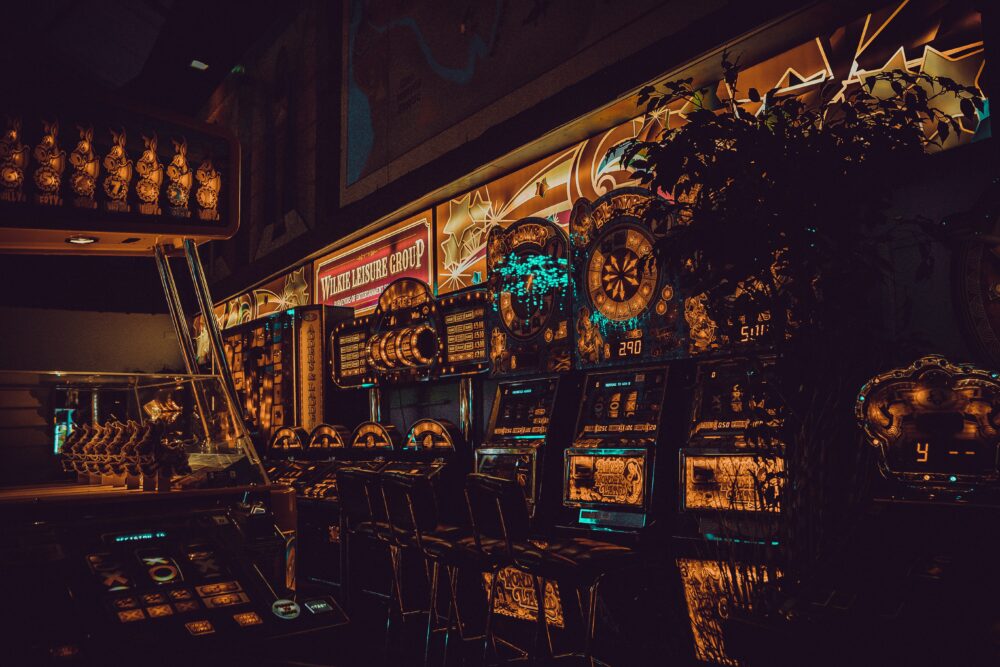Gambling has existed in our culture for centuries, with the first gaming house appearing in Europe in 1638 in Venice. In 1765, the appeal of casinos spread to France when Paris opened its first casino. However, it wasn’t until a century later, in 1828, that the first gaming club opened in the UK on Curzon Street. But where did casinos as we know them today arrive in the UK?
Where did it all begin?
While gambling has been a popular pastime in the UK for a long time, casinos weren’t legalised until The Gaming Act of 1960 was passed. After this, the first legal casino was opened in Wales by a man called George Alfred James.
This establishment was a members-only casino and featured a room full of games such as blackjack and slot machines, as well as a restaurant, bar, and dancefloor. James continued to expand his empire, opening another club in Wales, one in London, and one in Southport.
James died in 1976, but until then, his empire thrived. Nowadays, most of the casinos in the UK are owned by the Rank Group (The Grosvenor Casinos) and the Genting Group.
Towards the end of the 20th century, casinos became available online, meaning gamblers could play their favourite games at either land-based casinos or from the comfort of their own homes.
Source: Unsplash






















